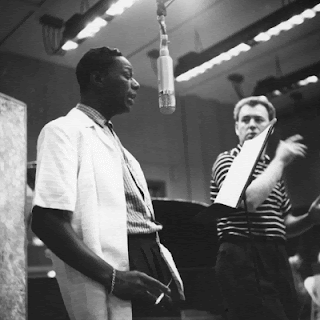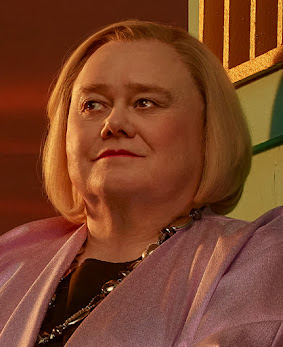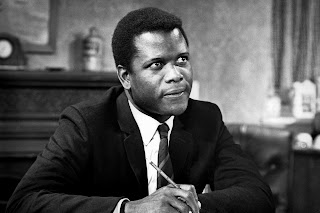Sidney Poitier, whose groundbreaking acting work in the 1950s and 60s paved the way for generations of Black film stars, has died aged 94. His death was announced on Friday by the Minister of Foreign Affairs of the Bahamas, Fred Mitchell.
Bahamas Prime Minister Chester Cooper said he was “conflicted with great sadness and a sense of celebration when I learned of the passing of Sir Sidney Poitier.
“Sadness that he would no longer be here to tell him how much he means to us, but celebration that he did so much to show the world that those from the humblest beginnings can change the world and that we gave him his flowers while he was with us.
“We have lost an icon; a hero, a mentor, a fighter, a national treasure.”
Poitier, who was born in Miami but raised in the Bahamas, was the first black winner of the best actor Oscar for Lilies of the Field and, along with Harry Belafonte, was a pioneering black presence in mainstream Hollywood cinema.
Born to Bahamian parents while they were visiting Miami to sell tomatoes in 1927, Poitier grew up in the Bahamas – then a British colony – but returned to the US aged 15, and worked at a series of low-paid jobs before briefly serving in the army during the second world war (and attempting to feign insanity to win a medical discharge).
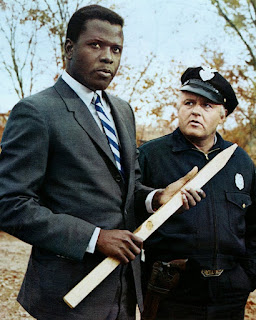
Somewhat directionless, Poitier auditioned for the high profile American Negro Theater, based in Harlem, and although he was rejected, he worked hard to improve his acting skills – including losing his Bahamian accent. After being allowed to attend classes, Poitier stepped in when Belafonte, then a star student, was unable to perform. Having been spotted by a Broadway director, Poitier subsequently carved out a nascent career in the black theatre circuit of the period.
Poitier then secured his first significant film role, in the 1950 film noir No Way Out; he played a hospital doctor whose racist patient (played by Richard Widmark) starts a race riot. With its overt depiction of racial conflict, No Way Out was considered too controversial to be shown in southern states, but established Poitier’s trademark persona as sensitive, forbearing figure, more intelligent than the whites surrounding him.
Though films examining the fraught state of race relations were popular at the time, there were still limited roles for black actors in the US. As one of the few who had made an impact, Poitier then shot the British-produced adaptation of Cry, the Beloved Country – experiencing apartheid in South Africa by all accounts was a shattering experience, and pushed him towards activism.
Poitier’s breakthrough role came back in the US, with another social comment picture: Blackboard Jungle, in 1955, in which he played a rebellious high school student. The film was a hit, with its use of Bill Haley’s Rock Around the Clock ensuring a large teenage audience; in the UK it inspired the infamous Elephant and Castle teddy boy riot of 1956.
Poitier continued to win plaudits: he played a dock worker who mentors John Cassavetes’ drifter in Edge of the City, and then secured an groundbreaking Oscar nomination as best actor for The Defiant Ones, the Stanley Kramer message movie about social co-operation, in which he played a convict who escapes in the deep south while shackled to Tony Curtis. (Both Curtis and Poitier were nominated; they lost to David Niven for Separate Tables.)
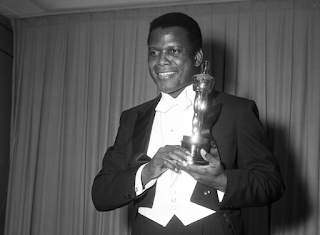
He continued to take on ideologically-charged roles, such as Porgy in Otto Preminger’s film of Porgy and Bess, and the lead in A Raisin in the Sun, the adaptation of Lorraine Hansberry’s much-admired play about family life in racially-segregated Chicago. (Poitier had appeared in the same role in the original theatrical production in 1959.) He finally won his Oscar for the earnest drama Lilies of the Field in 1964; he played a handyman who helps a group of German nuns build a chapel in the Arizona desert.
However, despite two further Tibbs movies (They Call Me Mister Tibbs! and The Organization in 1970 and 1971 respectively), Poitier suddenly found himself out of favour, as a more confrontational, politicised attitude gained traction in the wake of the civil rights struggle; Poitier responded by reinventing himself as a director. For his debut, Buck and the Preacher, he cast himself opposite Belafonte in a civil war western; however, his directorial output would largely consist of comedy pieces.
Poitier largely retreated from cinema in the late 1980s and 1990s, directing Cosby in Ghost Dad and taking odd roles in the likes of thriller Sneakers; he assumed the role of elder statesman in both cinematic and diplomatic circles. Having been knighted in 1974 (due to his Bahamian citizenship), he was appointed Bahamas ambassador to Japan in 1997, and received an honorary Oscar in 2002. In 2009 he was awarded the Presidential Medal of Freedom, and a Bafta fellowship in 2016.
Poitier was married twice: to Juanita Hardy between 1950 and 1965 (with whom he had four children), and subsequently to Joanna Shimkus in 1976 (with whom he had a further two)...
